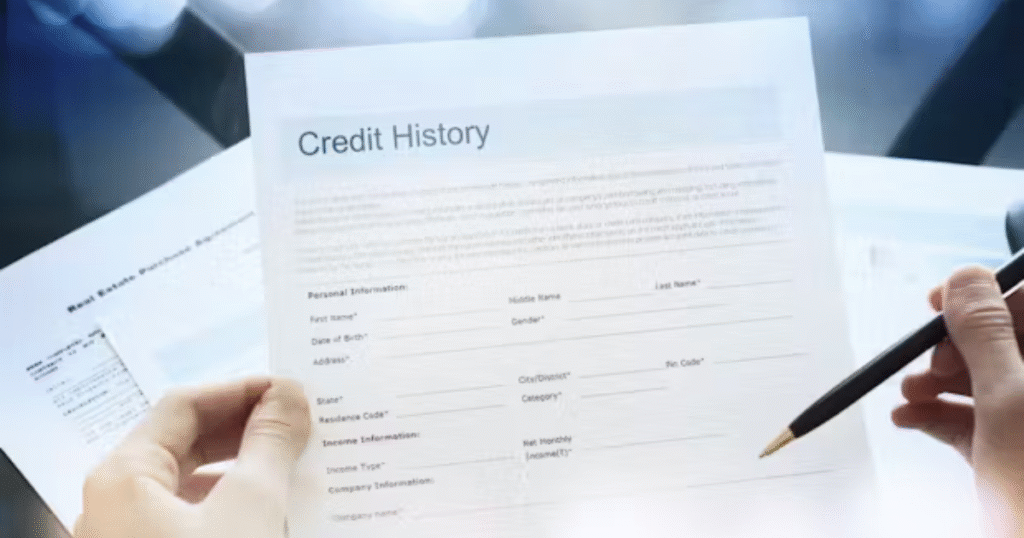Your credit score is a critical component of your financial health. It influences your ability to secure credit, the interest rates you receive, and even your eligibility for renting apartments or securing employment in some cases. One of the most significant influences on your credit score is how you handle loans. This article explores how various types of loans impact your credit score, both positively and negatively, and offers actionable tips for managing your credit effectively.
Understanding Credit Scores
Before diving into the impact of loans, it’s important to understand what makes up your credit score.
Components of a Credit Score
- Payment History (35%) – Timely payments are essential.
- Credit Utilization (30%) – The ratio of credit used versus credit available.
- Length of Credit History (15%) – Older accounts benefit your score.
- Credit Mix (10%) – A variety of credit types (credit cards, installment loans) is favorable.
- New Credit (10%) – Too many recent inquiries can negatively affect your score.
How Loans Affect Your Credit Score
Loans can both positively and negatively influence your credit score depending on how you manage them.
Positive Impacts
1. Building Credit History

Taking out a loan and making consistent, on-time payments builds a strong credit history, which positively influences your score.
2. Improving Credit Mix
Lenders like to see a mix of credit types. If you already have revolving credit (like credit cards), adding an installment loan (like a car or personal loan) can boost your score.
3. Showing Responsible Credit Behavior
Successfully managing a loan demonstrates to lenders that you are a responsible borrower, which can lead to higher credit limits and better loan terms in the future.
Negative Impacts
1. Hard Inquiries
When you apply for a loan, lenders perform a hard inquiry on your credit report. While typically minor, multiple hard inquiries in a short time can lower your score.
2. Increased Debt Load
Taking out a large loan increases your overall debt. If your debt-to-income ratio becomes too high, it may negatively affect your score and lending opportunities.
3. Missed or Late Payments
Payment history is the most important factor in your credit score. Missing loan payments can cause significant damage and remain on your report for up to seven years.
4. Default or Collections
If you default on a loan, or it goes to collections, the negative impact on your credit score can be severe and long-lasting.
Types of Loans and Their Credit Score Impact
Different types of loans can affect your credit score in unique ways.
Student Loans
- Positive Impact: Regular payments help build credit.
- Negative Impact: Missed payments or default can cause long-term credit damage.
Auto Loans
- Positive Impact: Adds to credit mix and builds history with on-time payments.
- Negative Impact: Repossession due to non-payment severely hurts your score.
Mortgages
- Positive Impact: Large installment loan that significantly boosts credit when managed well.
- Negative Impact: Late payments or foreclosure drastically lower your score.
Personal Loans
- Positive Impact: Helps consolidate debt and improve credit utilization when used wisely.
- Negative Impact: High balances or default can harm your score.
Payday Loans and Title Loans
- Neutral to Negative Impact: These typically don’t appear on your credit report unless defaulted, but can lead to collections.
Managing Loans to Protect or Improve Your Credit Score
Taking out a loan doesn’t have to harm your credit score. Follow these best practices to ensure a positive outcome.
1. Make On-Time Payments

Always make at least the minimum payment by the due date. Setting up automatic payments can help ensure you never miss a deadline.
2. Monitor Your Credit Report
Regularly check your credit report for errors or signs of identity theft. You’re entitled to a free report annually from each major bureau via AnnualCreditReport.com.
3. Limit Loan Applications
Avoid applying for multiple loans within a short period to minimize the number of hard inquiries.
4. Use Loans for Strategic Purposes
Only borrow what you need and have a repayment plan in place. Use personal loans to consolidate debt, not to increase discretionary spending.
5. Communicate with Lenders
If you’re struggling to make payments, talk to your lender. They may offer deferment, forbearance, or other options to help you stay on track.
6. Pay More Than the Minimum
If you can, make extra payments to pay down principal faster and reduce interest paid over time.
How Long Do Loans Stay on Your Credit Report?
Active Accounts
As long as a loan is open and in good standing, it remains on your credit report and contributes positively.
Closed Accounts
Once paid off, a loan typically stays on your credit report for 10 years (if positive) or 7 years (if negative).
Rebuilding Credit After Loan Defaults
If your credit has been damaged by a default or missed loan payments, it’s not the end of the road. Here’s how to recover:
1. Settle Outstanding Debts
Contact creditors to pay off or settle collections accounts.
2. Establish New Positive Credit
Consider a secured credit card or credit-builder loan.
3. Make Every Payment Count
From utilities to rent, many alternative payment reporting services can help you rebuild a positive history.
4. Be Patient and Consistent
Credit repair takes time. Focus on consistent, positive behaviors.
Also Read: How To Get The Best Loan Terms And Lower Interest Rates?
Conclusion
Loans play a dual role in your credit journey—they can build or break your credit score depending on how they are managed. Understanding how different types of loans impact your score and adopting smart repayment strategies is essential to maintaining or improving your credit health. Stay informed, be proactive, and treat every loan as a stepping stone toward a better financial future.
FAQs
Q. How much does a loan application affect my credit score?
A hard inquiry from a loan application may reduce your score by 5–10 points temporarily.
Q. Can paying off a loan early hurt my credit?
Paying off a loan early doesn’t hurt your score but may slightly lower it if it affects your credit mix or average account age.
Q. What happens if I miss one loan payment?
Missing one payment can significantly lower your score, especially if it’s more than 30 days late.
Q. How long do late payments stay on my credit report?
Late payments can remain on your credit report for up to 7 years.
Q. Does consolidating loans affect my credit score?
Initially, it may cause a small dip due to a hard inquiry, but it can improve your score over time by reducing credit utilization and simplifying payments.









